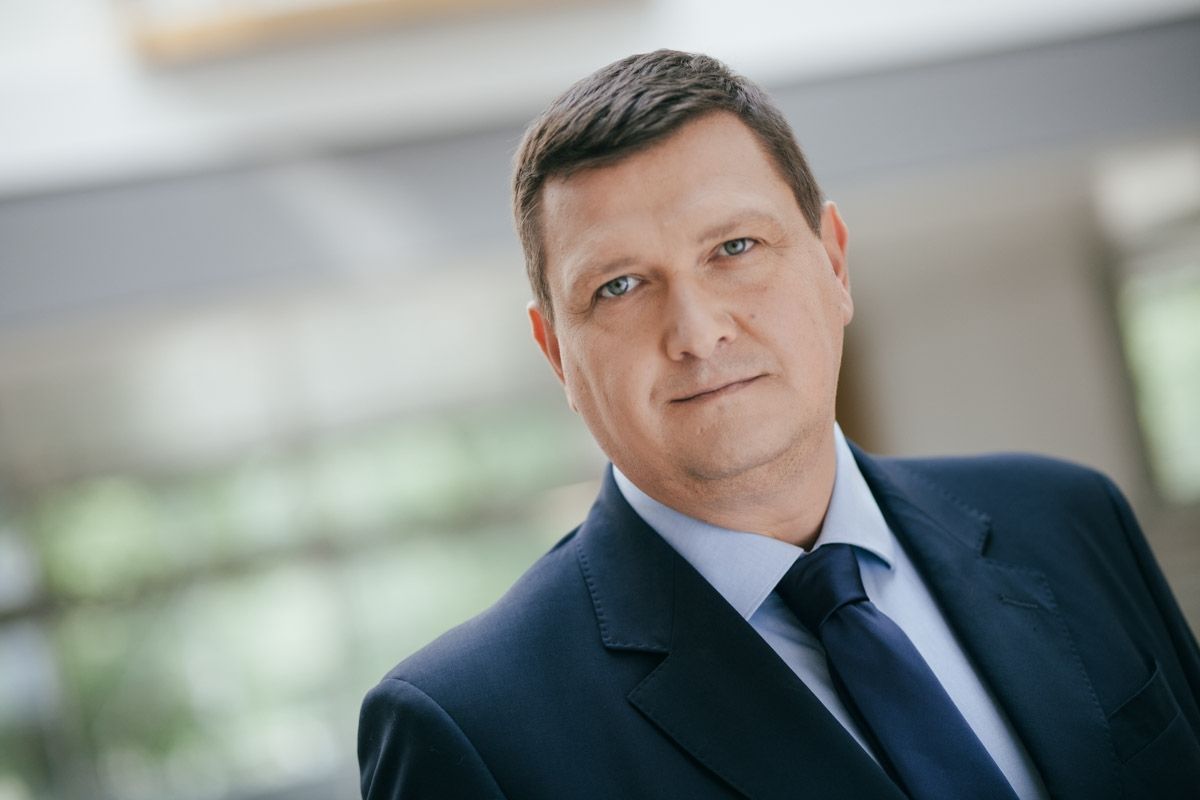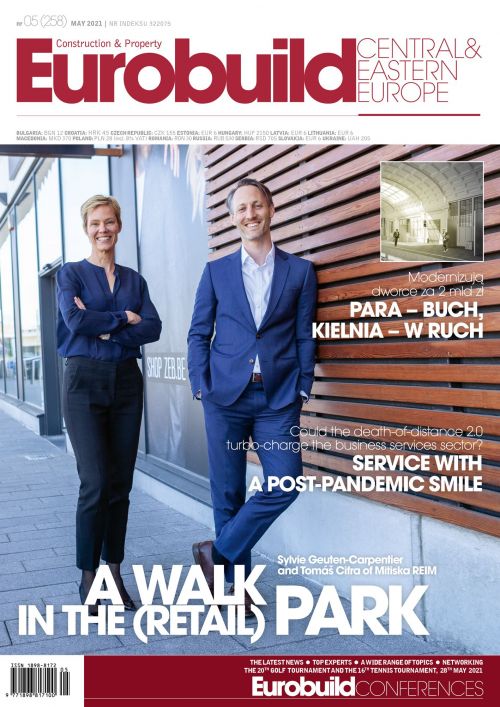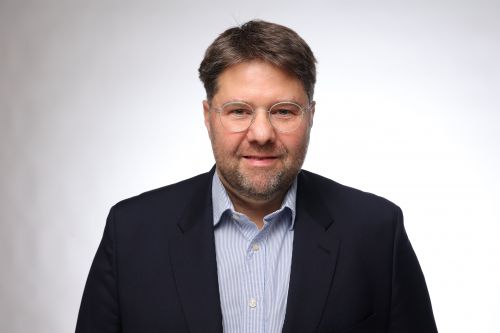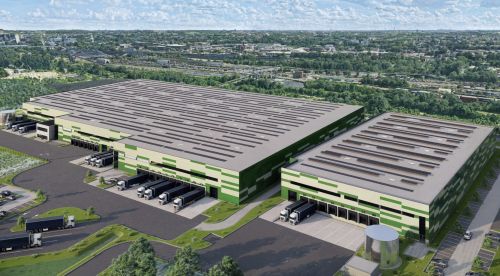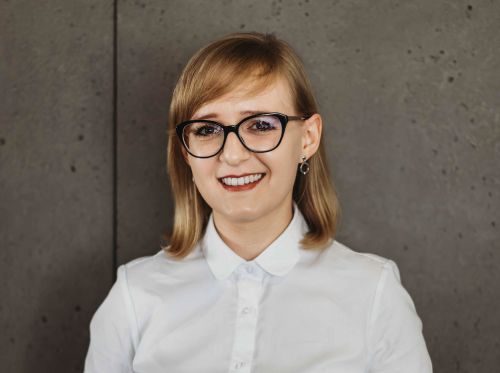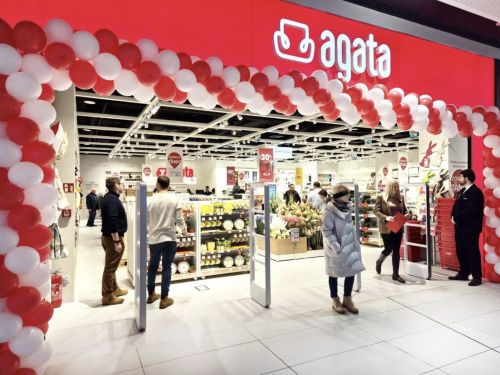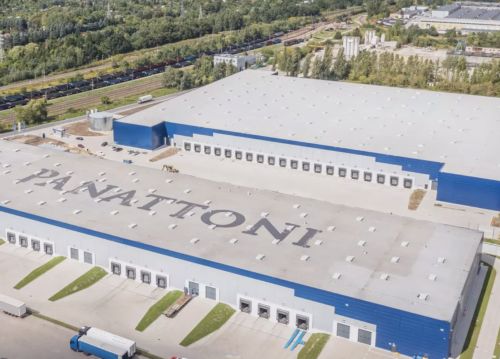This year Apsys celebrates its 25th anniversary on the Polish market. What have been the most important milestones in the history of the company since that time?
Benoit Charles, CEO, Apsys Poland: It’s the anniversary of Apsys in Poland, but it’s also the 25th anniversary of the group itself as the very first project we did as Apsys Group was developed in Poland in 1999. That was the Korona shopping centre in Wrocław. From the very beginning, Apsys in this country has been managed by a Polish team. I’m the only French guy here, so Apsys Polska is for me a Polish company. The key moment for Apsys in Poland was the opening of the Manufaktura shopping and cultural complex in 2006. The idea came from Maurice Bansay, Apsys’ founder and owner, who came up with an exceptional vision for the place. I remember he told me: “Look, we’re going to create a market here that has been missing so far in Łódź. We’re doing something not only for us, but als
